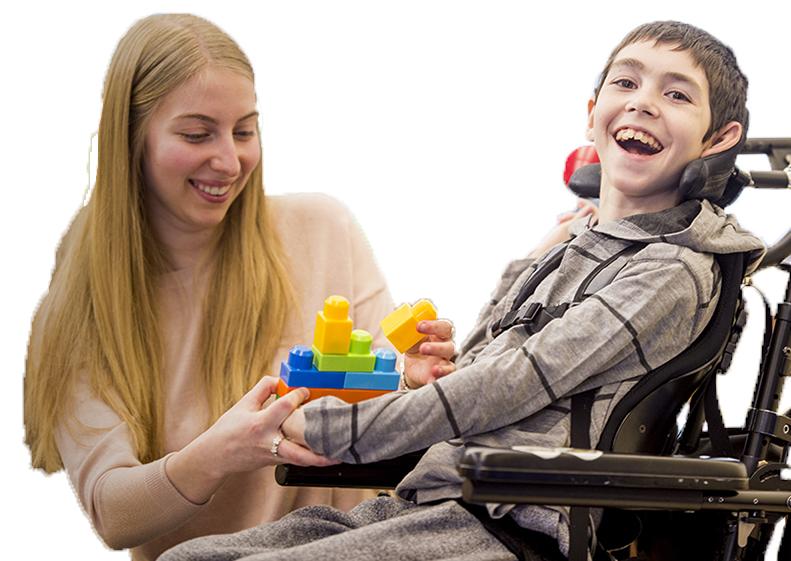Resources Directory
Search below to find a hospital, doctor, therapy, and more

Augmentative Movement & Learning Center of Vermont
"The ALMC, LLC was founded in 2002 as a specialized multidisciplinary consultation service for local public schools to provide integrated educational and therapeutic programs for children with developmental disabilities with a specialized focus on Autism Spectrum Disorder. Out of this work the ALMC saw a need for a program that offered a continuum of services. In response to this need, the ALMC Vermont founded its first independent school for children with developmental disabilities in the rural community of Morrisville, VT in 2004. Since then, our independent school has grown from one location to three throughout northern Vermont. We are attuned to the challenges schools face regarding their time and resources. We view teachers, principals, special educators and parents as our partners in achieving a common goal: developing programs that succeed for children. The ALMC offers a continuum of services ranging from district consultation, child-specific- wraparound programs to our specially equipped and staffed schools.
ALMC offers intensive student-specific, wraparound programs for students with intensive educational and therapeutic needs. Integrating educational, therapeutic and medical programs in the school setting and in the community, our staff develops programs that offer success in the local school setting. Within these programs the ALMC: Implements and supports educational and therapeutic programs; Co-establishes, monitors and coordinates IEP goals; Creates opportunities to access the community; Develops vocational opportunities.
Behavioral Medicine and Applied Behavioral Analysis Consultations: Ideal for children with executive function, regulatory and mental health disorders such as: ADHD, Aspergers and Bi-polar Disorder
Evaluations: We provide specialized education, medical and therapeutic evaluations and consultations: Multi-disciplinary and Behavioral Medicine
Training: We offer training by professionals in special education, speech pathology, applied positive behavior support and occupational therapy. Workshops are available for schools, related service providers and other supporting agencies.
The ALMC has the ability to support multiple students with challenging behaviors within a district. Following the ALMC integrated educational consultation model, our staff can create individual programs for those presenting with Autism Spectrum Disorder. Within the district, the ALMC offers supervision and training to help build local school capacity. As both an effective and cost efficient approach, this model is ideal for school districts which are faced with multiple students who are diagnosed with Autism Spectrum Disorder and other developmental disabilities.
Based on our collective years of working in local schools and our independent schools, the ALMC believes that the supported classrooms answer the student’s individual needs while addressing the local school’s and community’s needs. The ALMC has created a new program that can decrease cost, increase efficacy, and build local school capacity. Below is an outline of our new approach called the Supported Classroom. The Supported Classroom Partnership is a collaboration between a public school or supervisory union with the Augmentative Learning and Movement Center (ALMC) to serve 7-10 students identified with Autism Spectrum Disorders (ASD) or significant developmental disabilities in the public school setting. The program is designed to build capacity and sustainability in the public school system to adequately support students with ASD in their community. Students will receive intensive programming derived from specially designed, evidence-based instruction implemented by highly qualified professionals. Students will be appropriately supported with sound educational,therapeutic and environmental interventions and supports in order to make sufficient progress toward independent skill acquisition. Students will practice skills that have reached the generalization and maintenance stage, through meaningful integration with same-age peers in the general education setting."
